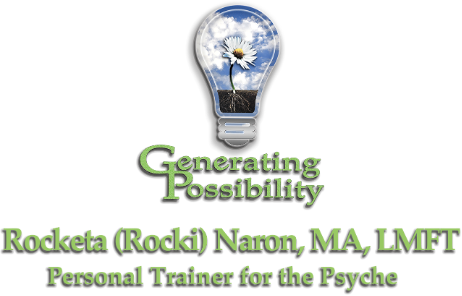The Inner Experience of the Care Partner
Care partnering, surely among one of the most necessary and least seen and lesser valued positions in our country at this time, can be a source of many feelings, often all at once. As our population ages, and medicine advances, a large number of people find themselves managing at least one chronic illness. Often, spouses, and children (many still caring for young children of their own) of persons with those chronic and potentially progressively debilitating illnesses, find themselves either slowly or suddenly needing to transition their roles from solely partners or children to care partners. All of this comes with the business of grief, the loss of their previous roles, the loss of their previous relationship with their other, the loss of the future they hoped for, the fear of what the future might actually look like, and the fears that they may also fall victim to chronic and potentially progressively debilitating illness sooner rather than later.
While the care partner is attempting to manage through all of their very human feelings of grief, they are also often experiencing the pressures of societal expectation, which is currently deeply inhuman and extremely isolating. We as humans in this society right now, do not want to think about or feel the pain of the potential loss of our own illusions and hopes about our future. We want to believe that we can die, old, in tact, safe and warm in our beds surrounded by loved ones who have found nothing but joy and enrichment from being around us every second of every day. Anything that might shatter that illusion, we tend to reject, with something that sounds very much like, when someone is sent to a care facility, their family clearly didn’t love them enough, and we don’t want to hear from the care partner what the actual story is.
The pressure to maintain others illusions about life and illness can lead to feelings of isolation and guilt within the care partner. Any mistake, any feelings of exhaustion, any choice that they make are tied to the questions “do I love them enough”, “am I showing them I love them enough by doing enough right things” and the answers to these questions are usually no, because the actual body of work that goes into care partnering is filled with inhuman expectations that anyone not touched by it would rather not think about let alone create the functional checklist for. Suddenly one goes from spouse, partner, or child to health care manager and advocate, medication manager, monitor, and advocate, nutrition specialist, head chef, housekeeper, activities coordinator, mental health coordinator, security manager, safety inspector and manager, night nurse, day nurse, the list goes on. All this while grieving, still potentially trying to work outside the home in some capacity, and/or caring for their own children, trying to maintain some sort of connection with previous social ties, and trying to find time to shower themselves let alone take a break. Those circumstances can lead one to feel some very extreme levels of stress and negative emotionality. Depressive symptoms, mood regulation concerns, memory issues, brain fog, anxiety symptoms, physical symptoms such as gastrointestinal issues, headaches, weight changes, and physical pain, to highlight only some.
Care partnering is truly a Herculean task very much filled with love, care, concern, fear, hope, and guilt. It is also a task deserving of help, balance, and relief. Support groups, psychotherapy, and medications (in any or no combination) can potentially be helpful to those in the care partnering role to assist in more growthfully working through grief, facilitating community to combat isolation, helping manage physical and emotional symptoms, and in finding additional resources to help create a better balance and transition through the stages of disease progression more comfortably. If any of this feels familiar to your experience, please consider that you might not have to go through all this alone, and that reaching out might provide you with comfort, balance, hope, and help.
